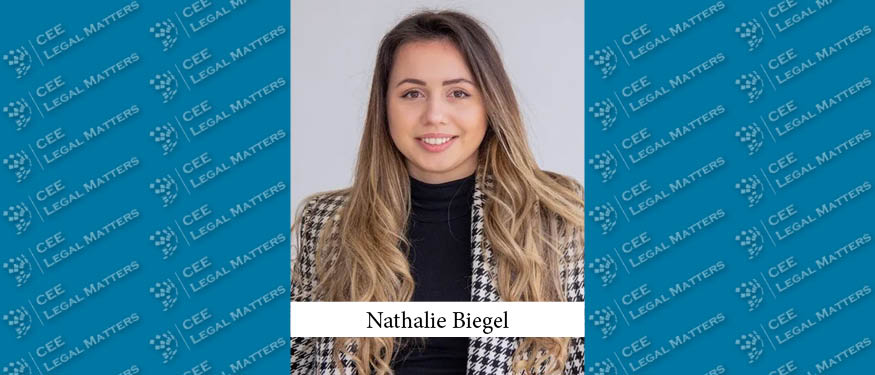In the entertainment industry, protecting creative assets isn’t just about legal rights—it’s about building a brand. While copyright automatically protects movies and characters as original works, it doesn’t always go far enough. That’s where trademarks step in.
What is the difference?
-
Copyright protects original works like films, scripts, and character development—typically lasting for the life of the author + 70 years (in the EU & US).
-
Trademark protects names, logos, or symbols that identify commercial origin—think movie titles, franchise names, or iconic characters. Trademarks can last forever if renewed.
Example: “Harry Potter” is protected both by copyright (as a book and film series) and by trademark (as a brand across merchandise, theme parks, and more).
Why register titles and characters as Trademarks?
- Avoid Consumer Confusion – Trademarks help audiences trust that a product or spin-off is official.
- Expand Commercial Rights – Trademarks allow licensing for merchandise, games, and partnerships beyond what copyright allows.
- Build Long-Term Value – Franchises like Frozen, Batman, or Star Wars are recognizable brands thanks to solid trademark strategies.
Fun Fact: Disney owns EU and U.S. trademarks for both “Elsa” and “Frozen”—protecting not just the movies, but toys, cruises, and even costumes.
Why Copyright alone is not enough?
- Copyright doesn’t protect titles or short phrases (like “Rocky” or “The Matrix”)
- Character names alone often lack copyright protection—unless they’re fully developed and expressive.
That’s why even major studios rely on dual protection—copyright for the content, trademark for the commercial identity.
Case Law
- In Universal City Studios v. Nintendo (1984), Nintendo was sued over Donkey Kong allegedly infringing King Kong. The court sided with Nintendo, partly because “King Kong” lacked enforceable trademark rights at the time.
- In Warner Bros. v. X One X Productions (2005), Warner successfully enforced its trademarks over character images from classic films, despite public domain claims over the films themselves.
For filmmakers and studios aiming to build franchises, merchandise lines, or spinoffs, trademark protection is not just complementary – it’s essential.
This text is for informational purposes only and should not be considered as legal advice. Should you require any additional information, feel free to contact us.
By Nathalie Biegel, Paralegal, ZMP





















